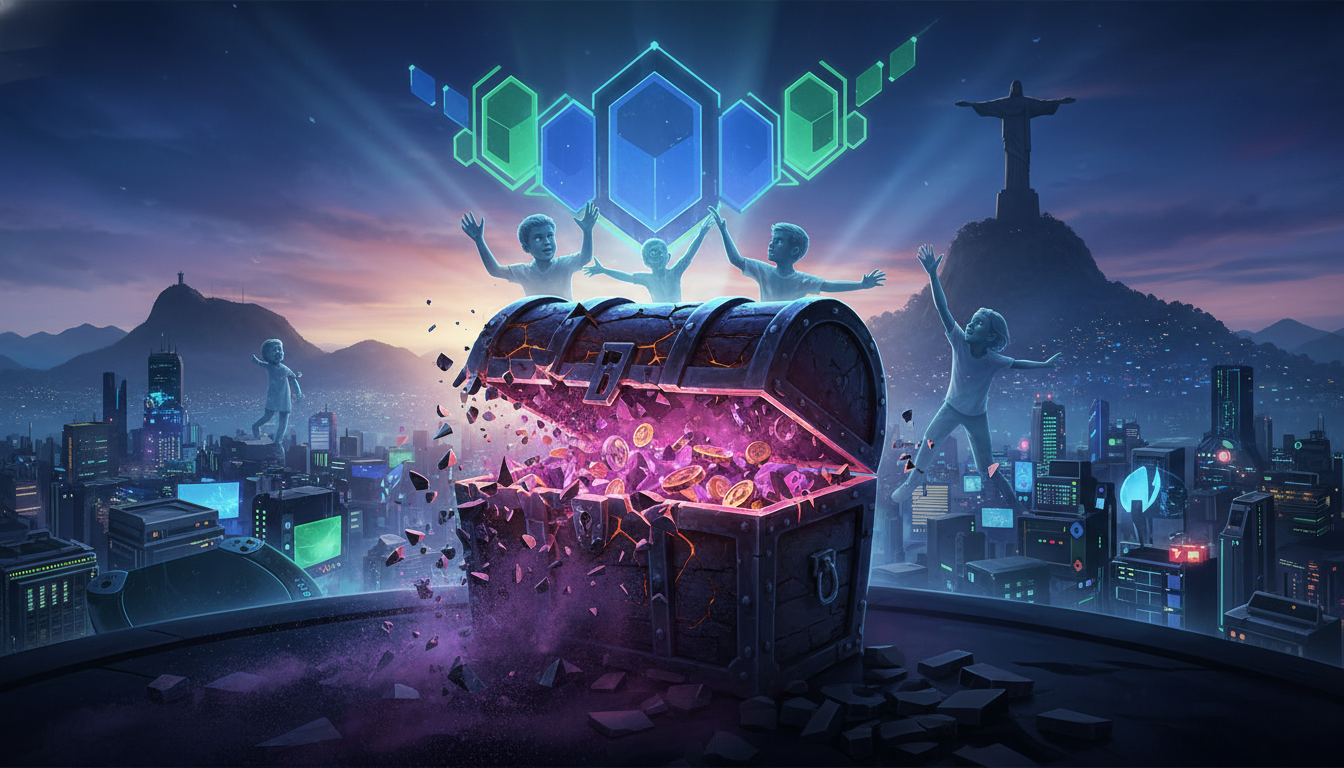Brazil Bans Loot Box Sales to Minors in Sweeping New Industry Law
2025-10-04

Image credit: AI-generated by Gemini Imagen
The global campaign against predatory in-game monetization has found a powerful new front. Brazil has officially drawn a legislative line in the sand, enacting a sweeping new legal framework for its video game industry that includes a direct and unambiguous ban on the sale of loot boxes and other "inductive" microtransactions to minors. The move, signed into law by President Luiz Inácio Lula da Silva, positions the nation alongside a growing number of countries taking a hard-line stance against monetization mechanics often equated with gambling.
The new legislation, designated Law 14,852/2024, is not a subtle suggestion but a direct mandate. It signals a significant government intervention into the business models that have come to dominate segments of the industry, forcing publishers who operate in the Brazilian market to fundamentally rethink how they engage with their younger players.
The Mechanics of the Mandate
At the heart of the new law is a clear and targeted prohibition. According to a report from Eurogamer, the legislation explicitly forbids "the embedding of mechanisms for microtransactions... that induce the user, especially children and adolescents, to consumption." This language moves beyond the simple definition of a loot box, targeting the psychological design intended to drive repeated spending by a vulnerable audience.
To ensure compliance, the law doesn't simply rely on the honor system. As detailed by GamesIndustry.biz, publishers will now be required to implement effective age verification systems. The goal is to create a functional barrier preventing minors from accessing or purchasing the newly prohibited in-game items. This places the onus of enforcement squarely on the shoulders of the game companies themselves. Furthermore, the framework requires increased transparency about all in-game purchases and mandates the creation of channels for user complaints, granting consumers more power and insight.
A Framework of Recognition and Rejection
While the ban on inductive microtransactions is the law's most prominent feature, the legislation also formally codifies the structure of the video game industry within Brazil. In a move that legitimizes the local development scene, the law officially recognizes a range of professions, including artists, programmers, developers, and designers. This formal acknowledgment is a significant step for the creative professionals who power the country's game development sector.
However, this recognition was tempered by a crucial executive decision. As Eurogamer reports, President Lula ultimately vetoed a key section of the proposed bill that would have provided tax incentives for video game development. While the government is stepping in to regulate the industry's monetization practices and formally recognize its workforce, it has stopped short of providing these financial incentives, creating a complex new reality of both heightened regulation and withdrawn fiscal support.
As the industry processes this new legal landscape, a number of critical questions remain unanswered. The initial reports lack specifics on the penalties for non-compliance, leaving the law's teeth undefined for now. It is also unclear what technical standards will be required for the mandated age verification systems or how "effective" will be measured. Conspicuously absent are any public statements from the major global publishers whose flagship titles will be directly impacted. For now, Brazil has made its move, and the entire industry is watching to see how the board, and the code, will be reset in response.